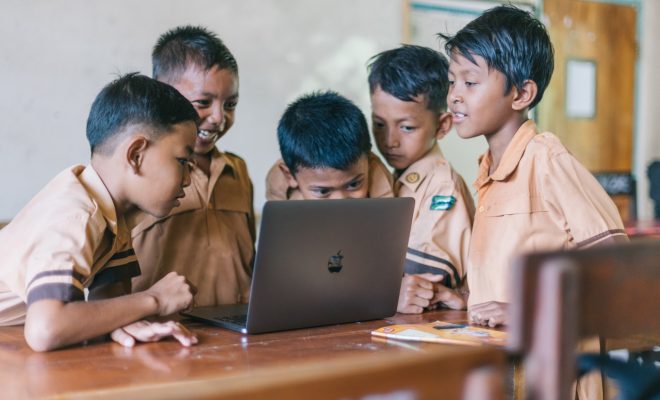Gross Motor Skills: Everything You Need to Know

It’s a term used to describe those skills needed to regulate coordination and movement of the large muscles of the upper and lower limbs, as well as the torso. People use gross motor skills for all types of physical activities, from jumping, standing, running, and walking to sitting upright, picking leaves, and using a pencil. These skills also include eye-hand coordination skills, like swimming, cycling, and ball skills (catching, throwing, and kicking).
Though the use of gross motor skills seems automatic and easy, they are more complex than one may think. These skills involve the coordination of the neurological system and the muscles. They also impact balance and coordination, physical strength, body awareness, and reaction time.
For children, gross motor skills are important as they enable them to perform daily chores. These could be simple activities, such as getting out of and into bed, dressing (which involves children standing on one leg to put another into a pant leg, for instance, without toppling over), getting in and out of a car, and packing the toys away. Even physical activities, such as playground skills like climbing and sporting skills like hitting or throwing a ball, involve gross motor skills.
Gross motor skills have a significant impact on children’s everyday functions. For example, how well a child can maintain suitable upper body posture will affect his ability to participate in fine motor skills, such as drawing, writing, etc. Thus, if a child fails to sit upright to attend to his class instructions, it will hurt his academic progress. This example shows how gross motor skills influence a child’s endurance to deal with a full day of school, which involves carrying his school bag, sitting upright at a desk, and moving between classrooms, among others. They also impact the child’s ability to navigate his environment, such as walking around classroom items like a table or desk, getting on and off a moving escalator, or going up and down a sloped playground hill. If the child lacks fair gross motor skills, he will struggle with many of these daily tasks.
If children have gross motor difficulties, they will commonly display the following symptoms:
· General disinterest in or avoidance of physical tasks
· Rushed performance of physical tasks to hide fatigue or difficulty
· Bossing over others to tell them how to play a game or perform a physical task without engaging themselves actively






